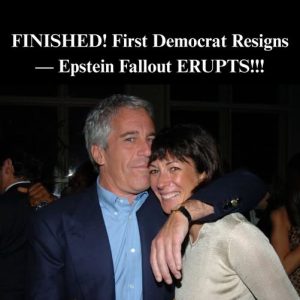Authorities in Utah have released new information about the motives behind the assassination of conservative commentator Charlie Kirk. The suspect, 22-year-old Tyler Robinson, carried out the fatal shooting at Utah Valley University on September 10. The event was a public appearance organized by Kirk’s group, Turning Point USA.
Governor Spencer Cox stated that Robinson had grown increasingly political in recent years. During a recent family dinner, Robinson expressed disdain for Kirk’s political views, saying he was “full of hate and spreading hate.” These remarks underscored a growing tension in his attitudes toward Kirk’s public persona and beliefs.
Robinson’s family described a marked change in his behavior over time. Once less outspoken, he reportedly became more radicalized, increasingly engaged in political discussion, and more extreme in his views. Observers suggest this ideological shift played a role in his motivations for the attack.
According to the authorities, Robinson had been vocal about his negative views of conservative figures. Kirk, as a prominent conservative commentator, drew his ire. Robinson’s disdain was not only about disagreement but appeared to include moral condemnation—he felt Kirk’s messages were harmful or hateful.
The university event where the shooting occurred was intended as a speaking engagement by Kirk. Turning Point USA organized it as a public forum. Robinson apparently viewed the event as an opportunity to confront what he perceived as ideologically dangerous rhetoric.
In filings and statements released by law enforcement, investigators are exploring Robinson’s online activity, social media posts, and associations to understand the full extent of his radicalization. They believe these investigations may shed light on when and how his political transformation accelerated.
Officials are still gathering evidence to determine whether Robinson acted alone or was influenced or supported by others. Interviews with family members and acquaintances are ongoing to establish whether external ideological sources contributed to his shift.
Governor Cox emphasized the importance of monitoring political rhetoric and ideological extremism. He noted that intense political polarization and public figures can sometimes inspire dangerous behavior in susceptible individuals—an issue he called troubling for society at large.





